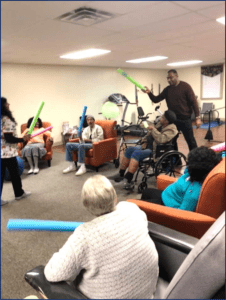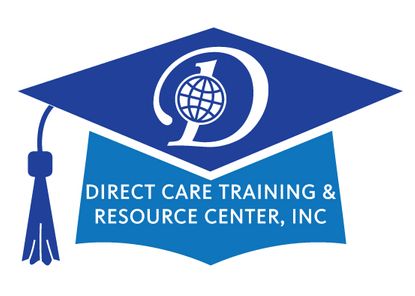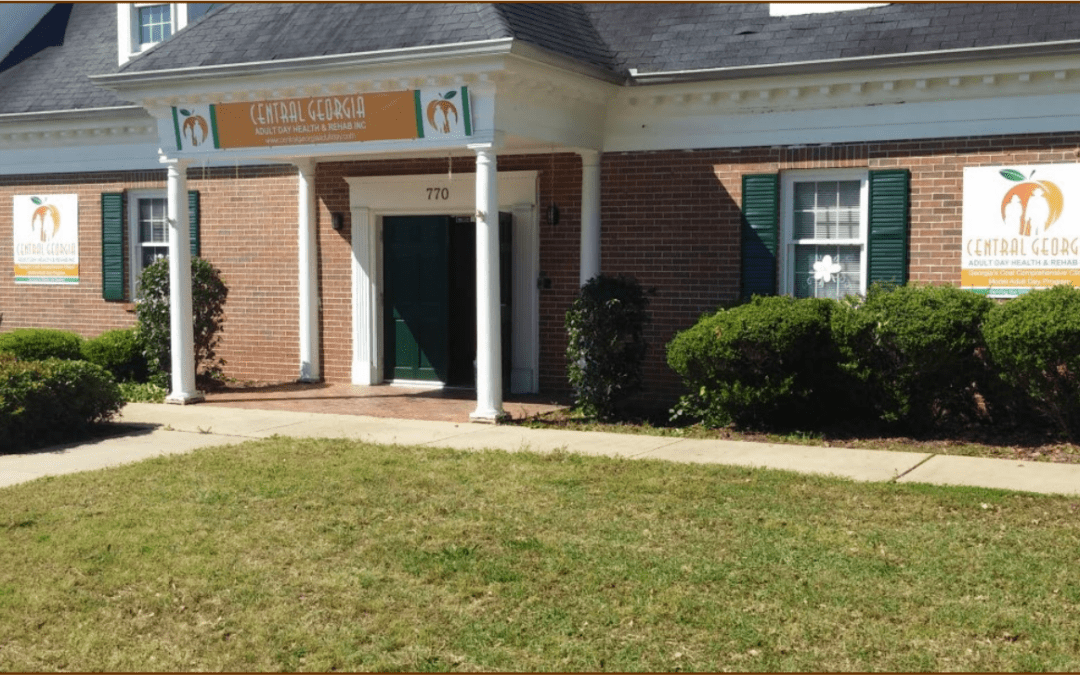Introduction:
Adult Day Health Care is a program Veterans can go to during the day for social activities, peer support, companionship, and recreation.
The program is for Veterans who need help with activities of daily living. Examples include help with bathing, dressing, or fixing meals. This program is also for Veterans who are isolated or their caregiver is experiencing burden. Adult Day Health Care can be used in combination with other Home and Community Based Services.
Health services such as care from nurses, therapists, social workers, and others may also be available. Adult Day Health Care can provide respite care for a family caregiver and can also help Veterans and their caregiver gain skills to manage the Veteran’s care at home.
The program may be provided at VA medical centers, State Veterans Homes, or community organizations.

Contracting with the Veterans Administration (VA) to provide adult day care services is a significant opportunity for organizations dedicated to serving veterans and their families. The VA is committed to ensuring that veterans receive high-quality care, and adult day care is an integral part of their healthcare services. In this training section, we will explore the dynamics of contracting with the VA for adult day care, including the benefits, requirements, and key considerations.
1. Benefits of Contracting with the VA:
a) Access to a Large Market: The VA serves millions of veterans across the United States, providing a substantial market for adult day care services.
b) Steady Revenue Stream: VA contracts often offer a consistent and reliable source of revenue, helping organizations maintain financial stability.
c) Supporting Veterans and Their Families: By contracting with the VA, your organization plays a vital role in supporting veterans’ health and well-being while offering respite to their caregivers.
d) Professional Development: Contracting with the VA may provide opportunities for staff training and professional development.
2. Eligibility and Requirements:
a) Provider Qualifications: Organizations must meet specific qualifications, including licensing and certification requirements, to be eligible for VA contracts.
b) Compliance with VA Standards: Providers must adhere to VA standards and regulations for adult day care services, ensuring the highest quality of care for veterans.
c) Capacity and Accessibility: Providers must demonstrate the capacity to serve veterans and provide accessible facilities.
d) Cost Proposals: Organizations are required to submit cost proposals that detail their pricing structure for VA services.
3. Contracting Process:
a) Registration: Begin by registering your organization with the VA and obtaining a D-U-N-S number (Data Universal Numbering System). What is the VA credentialing process?
Credentialing is the process of obtaining, verifying, and assessing the qualifications of a LIP to provide care or services in or for the VA health care system. Credentials are documented evidence of licensure, education, training, experience, or other qualifications.
b) Market Research: Research the specific VA facilities or clinics in your area to identify potential opportunities.
c) Request for Proposal (RFP): Pay close attention to RFPs released by the VA, as they outline the requirements and expectations for potential contractors. https://sam.gov/content/opportunities
d) Proposal Submission: Prepare a comprehensive proposal that addresses all RFP requirements, including pricing, staffing, and service delivery.
e) Evaluation and Award: The VA will evaluate all proposals and may award contracts to organizations that meet their criteria.
4. Compliance and Quality Assurance:
a) Regular Audits: Be prepared for regular audits and inspections by the VA to ensure compliance with their standards.
b) Continuous Improvement: Implement a continuous improvement process to enhance the quality of care and meet changing VA requirements.
c) Reporting and Documentation: Maintain accurate records and documentation to demonstrate compliance and track outcomes.
5. Communication and Collaboration:
a) Effective Communication: Maintain open and effective communication with VA representatives to address concerns, clarify expectations, and foster a positive working relationship.
b) Collaboration with VA Services: Explore opportunities for collaboration with other VA healthcare services to provide comprehensive care to veterans.
6. Cultural Competence and Sensitivity:
a) Veteran-Centric Care: Train staff to provide care that is culturally competent and sensitive to the unique needs and experiences of veterans.
b) Understanding PTSD and Trauma: Be aware of the potential for veterans to have experienced trauma, including post-traumatic stress disorder (PTSD), and provide appropriate support.
Our Summary Conclusion:
Contracting with the VA for adult day care services is a rewarding endeavor that allows your organization to make a significant impact on the lives of veterans and their families. By understanding the dynamics of this process, meeting the requirements, and delivering high-quality care, you can contribute to the VA’s mission of providing veterans with the care and support they deserve.

Another Blog Post by Direct Care Training & Resource Center, Inc. Photos used are designed to complement the written content. They do not imply a relationship with or endorsement by any individual nor entity and may belong to their respective copyright holders.
| Follow us in the Social Stratosphere… | ||||
|
|

